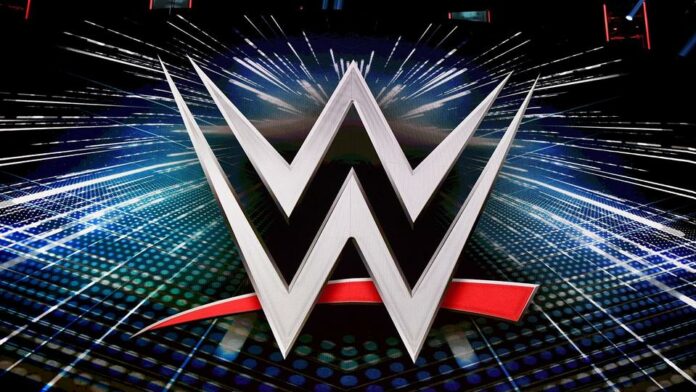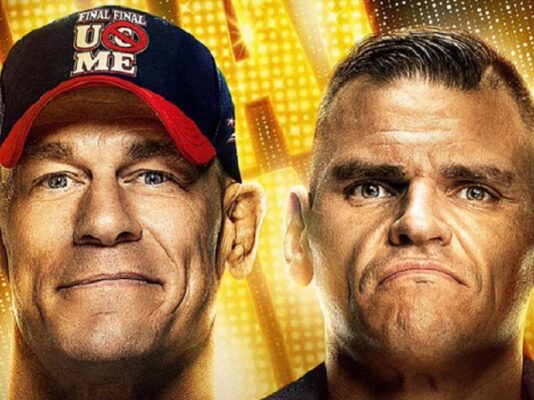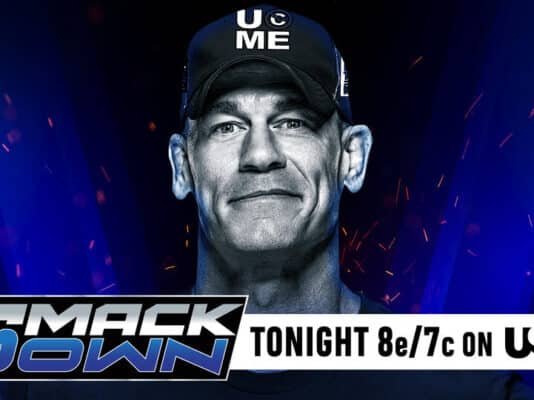
Professional wrestling, a dazzling display of physical might and dramatic narratives, demands the utmost from its stars. Beyond the gleaming lights and thunderous applause lies the stark reality of the sport’s physical demands. Wrestlers navigate various challenges, from the risk of high-impact injuries to the mental weight of perpetual performance pressure.
This article explores the crucial recovery and relaxation techniques wrestlers employ to cope with this demanding lifestyle, especially highlighting the role of CBD, now legal throughout the country, in their wellness routines.
The Physical and Mental Toll of Wrestling
Wrestling is a unique blend of athletic prowess and theatrical performance, demanding physical strength and mental fortitude. The sport is known for its grueling schedule, with athletes often facing multiple weekly matches on top of travel and public engagements. Common injuries range from concussions to muscle tears and joint dislocations, each potentially career-threatening. Beyond the physical, the psychological strain is significant, encompassing performance anxiety, career uncertainty, and the relentless need to connect with fans and media.
Historically, wrestlers have relied on a mix of traditional medical treatments and holistic practices for recovery. While physical therapy, ice baths, and medical interventions tackle acute injuries, yoga, meditation, and nutritional strategies support broader well-being and mental health. However, these approaches can have their drawbacks, such as accessibility, cost, and possible side effects from conventional pain medications.
The Emergence of CBD in Athletic Wellness
Cannabidiol (CBD), a non-intoxicating compound from the cannabis plant, has emerged in the sports scene for its potential therapeutic benefits. Its distinction from THC, the psychoactive component, makes it appealing for athletes seeking relief without the high. The fact that CBD is now legal throughout the country, assuming compliance with THC content regulations, has bolstered its adoption in sports recovery practices.
Ongoing research into CBD’s role in athletic recovery is promising, with initial findings suggesting benefits in reducing inflammation and enhancing sleep quality—two vital recovery elements. Yet, the scientific community calls for more comprehensive studies to grasp CBD’s efficacy in sports wellness fully. Like all athletes, wrestlers should approach CBD with informed caution, prioritizing individual health considerations and professional medical advice.
Wrestlers are increasingly turning to CBD, drawn by its potential to ease muscle soreness, diminish inflammation, and support stress management. The interaction of CBD with the body’s endocannabinoid system may offer natural relief routes, fostering quicker recovery and enhanced stress resilience. Options range from topical applications for targeted pain relief to oral tinctures and edibles for systemic benefits and convenience.
Wrestlers’ Experiences with CBD
Notable wrestlers have publicly vouched for CBD, sharing their experiences of improved recovery times, better sleep, and reduced dependence on traditional painkillers. These testimonials add to CBD’s growing appeal in the wrestling world, highlighting the importance of personal research and compliance with legal and regulatory standards.
As wrestlers delve into CBD’s potential, they must consider several factors. The nationwide legal status of CBD in sports, its implications for drug testing, and the critical issue of product quality stand out. Athletes should prioritize third-party tested products for purity and potency and consider starting with lower doses to assess personal tolerance.
Wrestling with Innovation
The quest for effective recovery solutions is paramount for a wrestler’s career and overall quality of life. With CBD’s legalization across the country, it stands as a promising component of an athlete’s recovery toolkit, offering a natural option for managing pain and stress. As the conversation around CBD and athlete wellness continues to evolve, wrestlers are positioned at the forefront of blending traditional recovery methods with innovative approaches, marking a significant shift towards holistic and integrative wellness strategies in professional wrestling.
This exploration into wrestlers’ recovery practices, focusing on the nationally legal use of CBD, reflects a broader movement towards embracing comprehensive wellness approaches in the athletic domain. As research advances and legal frameworks solidify, CBD’s role in sports recovery is poised for further clarification, promising new recuperation avenues for wrestlers and athletes across various disciplines.












